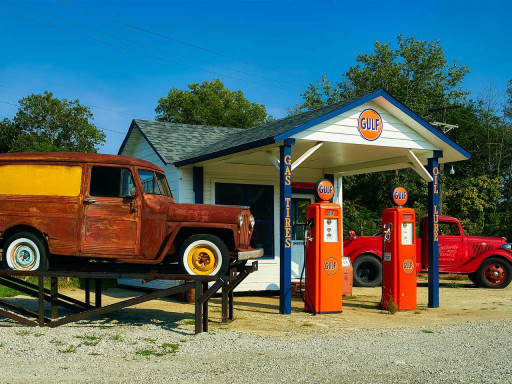In the correct circumstances, it is perfectly legal for people to work alone providing a risk assessment has been carried out, identifying the hazards of the work, assessing the risks involved and putting measures in place to avoid or control the risks.
Lone workers are people who work by themselves without close or direct supervision, here are some examples:
- A person working alone in a small workshop, petrol station, kiosk or shop
- People working on their own outside normal working hours e.g. cleaners and security, maintenance or repair staff
- Agricultural and forestry workers
- Service workers, including postal staff, social and medical workers, estate agents and sales and service representatives visiting domestic and commercial premises
When carrying out a risk assessment the employer needs to consider the types of activities that will take place, the equipment to be used and foreseeable emergencies such as fire, equipment failure, illness and accidents to ensure sufficient control measures are put in place.
If an individual has certain medical conditions e.g. epilepsy, diabetes, asthma or any other condition which may make the individual liable to sudden episodes of incapacitating illness, further consideration and evaluation would need to be undertaken.
The risk assessment must consider the following:
- Means of communication with the lone worker e.g. mobile phones do not always work in all locations
- Potential for violence involved within the work
- The nature of the work being undertaken, the more hazardous the work the less likely it is that it is appropriate for lone working to take place
- A means for the person to regularly touch base with their employer or for someone to check on the individual during the working period
You must be able to rely on the individual working alone to ensure that they do not take any unnecessary risks and keep in contact.
Training is particularly important for lone workers where there is limited supervision to control, guide and help in uncertain situations and where there is potential exposure to violence and aggression.
For further help and advice on lone working why not call ‘What No Safety’ on 01722 326 390.

